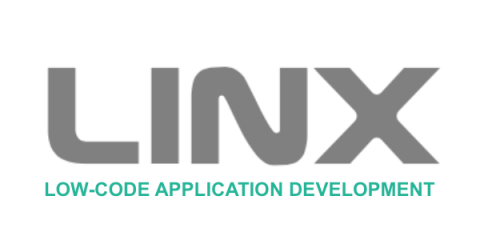Seamless process automation with Linx: Boost efficiency and streamline workflows
Process Automation increases efficiency, reduces costs, and minimizes errors, allowing you to focus on more important tasks. Some use cases for process automation include: Any multi-step business process can be automated, turning it into a valuable asset for any organization.











